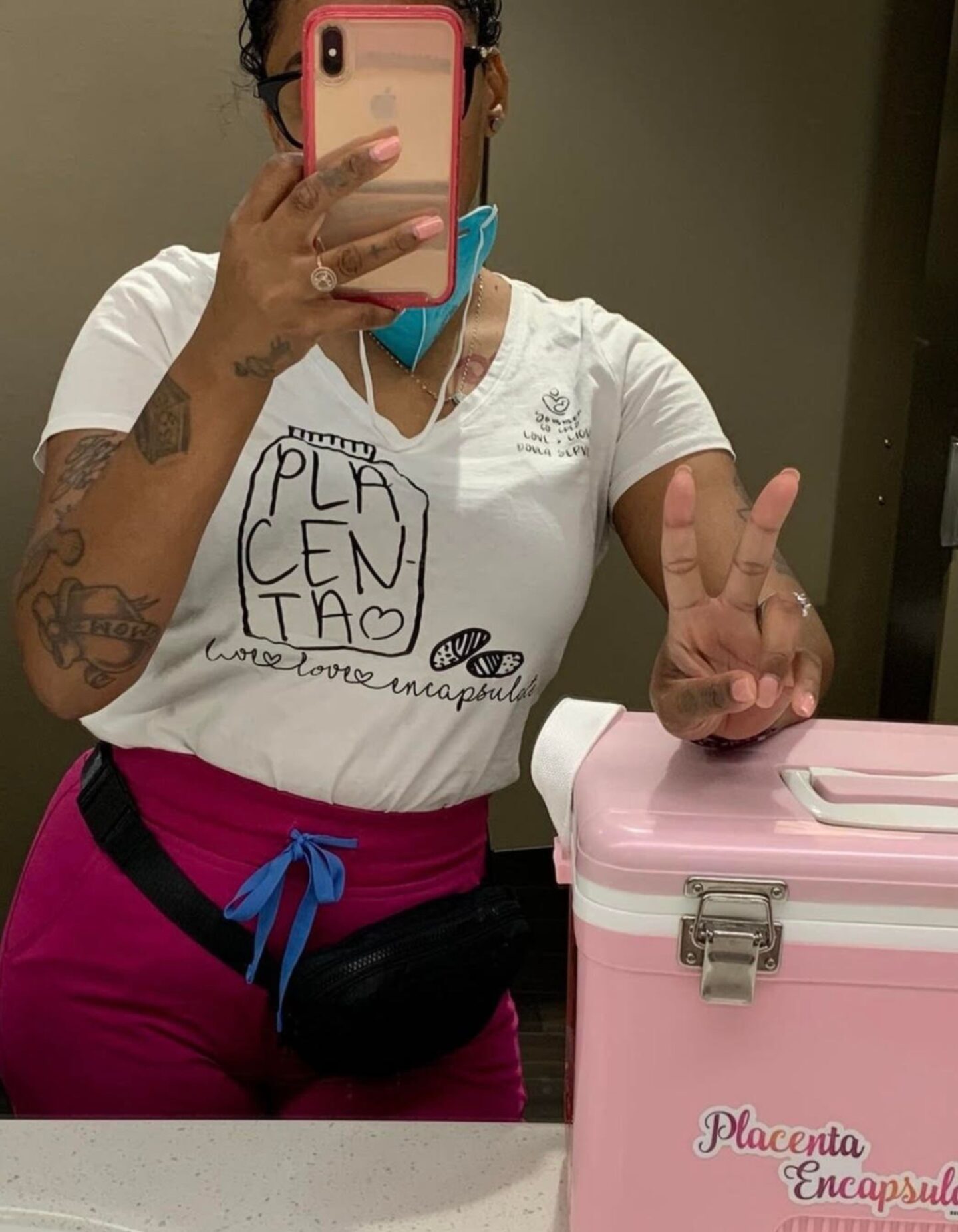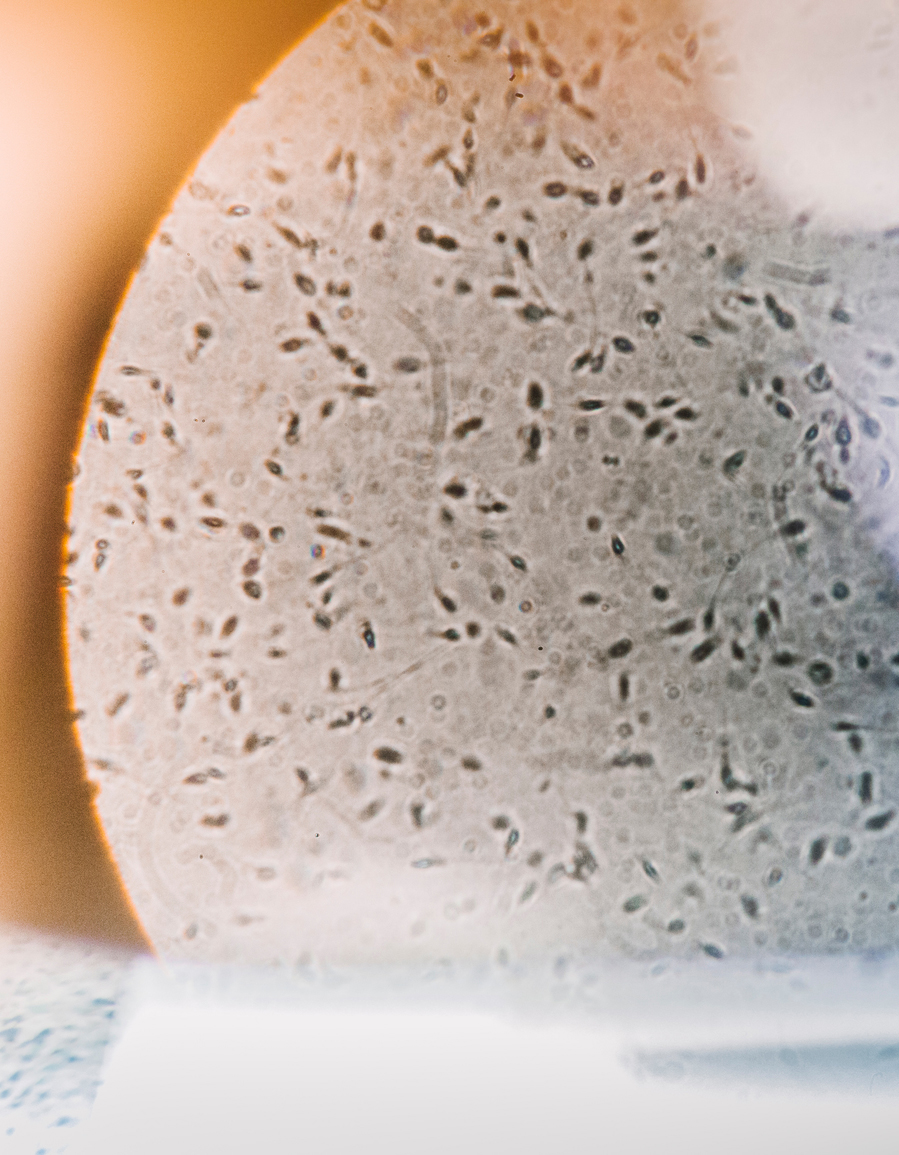After two-plus years of my own fertility journey, I was looking forward to an evening with a group of women that, quite frankly, I assumed I knew more than. I’ve done it. I’ve lived it. I’ve survived it. And now I just get to listen.
So on an unusually warm March evening at our HATCH Bleecker Street store, I sat amongst a group of women at various points in their parenting journey – from the beginning sprouts of considering egg freezing (“I’m 25 and definitely not ready for a family”) to pregnant with baby number two. We were all gathered to attend a panel discussion led by Spring Fertility, a fertility clinic built on the belief that those in the fertility process deserve patient-focused care. “We’re scientists, but we’re also spouses and parents and have been patients too,” their website proudly proclaims. Moderated by HATCH’s VP of Community, Nikki Millman, the panel featured Dr. Hancock, fertility specialist at Spring Fertility NYC, and Vanessa and Melissa, two women (and Spring Fertility patients) who generously shared their personal stories about secondary infertility.
The evening started with Dr. Hancock explaining the mission of Spring Fertility, focusing on the compassionate, personalized care they provide. Vanessa and Alyssa then shared their heartfelt fertility journeys, emphasizing the importance of understanding and support from the community.
Dr. Hancock addressed secondary infertility, explaining its causes and how it may differ from fertility challenges faced during a first pregnancy. This led to a discussion of the unique services offered by Spring Fertility and how they set themselves apart from other fertility centers. And it was difficult for me not to contextualize it with how it set itself apart from my own.
“We are a fertility practice in Bryant Park, and we do a lot of IVF and infertility care as well as fertility preservation and third-party family building through egg donors, sperm donors, and gestational carriers,” Dr. Hancock says.
Panelists Vanessa and Alyssa delved into their experiences with Spring Fertility, highlighting the understanding and support they received throughout their journeys. The takeaway? Both women appreciated something about the Spring Fertility experience with Dr. Hancock that I very much missed from mine. These women were treated like and spoken to as humans, not cogs in some machine of baby-making that we all too often find ourselves in.
I couldn’t help but listen to the conversation through my personal experiences. Here are some key takeaways from the evening through the eyes of someone who “thought” they knew it all.
I knew fertility was complicated. But you can help yourself.
When I began my fertility journey, I was made to feel like I had a bad or a worse option when it came to clinic options. The deciding factors of where to go were pretty much narrowed down to two things: how close the clinic was to my house and if the nurses could see me before work hours.
“We identified that there weren’t a lot of practices set up centered around the patient,” Dr. Hancock explained. “Typically, it is not a very not patient-centered approach, and patients end up feeling like they’re a factory number,” said Doctor Hancock. Hard relate.
Throughout your fertility process, no matter what your journey may be, you deserve to find a place that supports you physically, emotionally, and spiritually. And yes, that does exist. Ask questions about the specific technologies your fertility center uses, how personalized their care is, and their success rates when it comes to successful pregnancies.
“It’s all about feeling like you can get the information you need when you need it,” one attendee said about her fertility journey. “You don’t want to be on this journey feeling embarrassed about asking too many questions.”
Know your numbers.
One of the most shocking things about my journey was how much information had just been sitting in my body unknowingly. Like most women of my generation, I was never taught about egg freezing or egg quality. Believe it or not, even with a college degree, I found myself in my 30s, shocked that I didn’t just get pregnant when I had sex without protection.
Had I known that finding out the number of my eggs was as simple as an ultrasound and a blood test (basically completely noninvasive), perhaps my journey would have been different. At least I would have had information that empowered me to decide.
Asking about your fertility is not synonymous with being ready to start a family. And making an appointment at Spring Fertility is not an automatic decision to freeze your eggs or create an embryo. “If you’re not sure and you’re [in your mid 30’s] and thinking maybe in two or three years you’re going to try, it’s worth learning your numbers,” Dr. Hancock says.
So learn your numbers because knowledge is power. We’re talking about things like age, AMH levels, egg quality…If you’re interested at all in knowing where you stand, it makes sense to get an ultrasound and blood work. That simple Spring Fertility even offers a Fertility Assessment and Plan to give you all this information. No next steps or awkward convos with the person you just started dating are needed. Some important numbers to ensure you know: Your age, your menstrual cycle length, the timing of your ovulation, your AMH levels, your FSH levels, and your Lutein levels.
Secondary Infertility is “a thing.”
Not to put the cart before the horse (I do not yet have a child), but the patients on the panel came to Spring Fertility specifically after having difficulty getting pregnant after a successful first pregnancy. So yeah, your fertility for babe two could have nothing to do with your experience with babe number one.
Secondary infertility is the inability to conceive or carry a pregnancy to term, even after giving birth to one or more children. Various things (as well as the mysterious “we don’t know”) can cause it, including age, hormonal imbalances, medical conditions, or lifestyle factors. And it’s no surprise that couples who experience secondary infertility often face emotional and psychological challenges as they navigate their desire to expand their family. This is something Spring Fertility deals with a lot.
The Truth About Male Infertility .
Because I was raised by a feminist Barnard graduate, when I went through my situation, my husband and I were treated equally as “the potential problem” (spoiler alert: our’s wasn’t even a fertility issue in the end) but for many, male spouses are the last stop on The Great Fertility Inquisition.
“We think about 30% of infertility is male-related,” Dr. Hancock says. “And we know it’s still a very stigmatized issue.” At Spring Fertility, Dr. Hancock explained, they make sure to test some key things in male partners like sperm count, sperm motility, and the shape and structure of the sperm to consider all parties involved and treated them as equals.
The evening concluded with a powerful, intimate conversation that provided valuable information and emotional support to those in attendance. For one of the very first times, I publicly talked about my journey as an Intended Parent in a surrogacy process. One woman bravely shared her specific questions as a cancer survivor. It was a true display of the importance of open conversation, fostering a sense of community and empowerment for everyone on whatever part of their fertility journey that is so unique and paramount at Spring Fertility.




